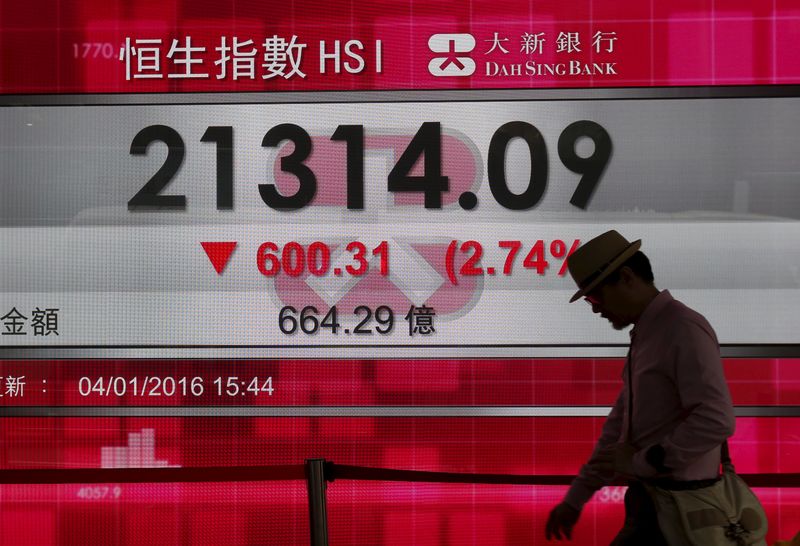Investing.com — Financial markets in China have experienced a jolt after announcements of policies that have been compared to launching a “bazooka.”
As per analysts at BCA Research, these measures were primarily designed to fuel a rally in Chinese equities and “China plays” on the global stage, which have been in an oversold condition.
This policy shift has created excitement in financial circles, leading to a rebound in market sentiment. The short-term effects of these policies appear to provide an adrenaline boost to Chinese stocks, with investors seeing an opportunity to capitalize on this surge.
However, the key question remains: will this policy bazooka extend its effects beyond financial markets and stimulate the broader Chinese economy?
BCA Research analysts express skepticism on this front, suggesting that while Chinese equities might see a temporary period of outperformance, the real economy remains mired in structural issues.
Despite the recent announcements, the measures are unlikely to be a game-changer for China’s business cycle, at least not within the next six months.
The critical obstacles lie in China’s ongoing debt deflation, weak household sentiment, and low confidence in private businesses and local governments.
“This subsidy makes up only 0.8% of GDP and thus might not be a game changer,” the analysts said.
As per BCA Research, this is insufficient to prompt a meaningful recovery, especially when China’s property market struggles and the household income growth is weak.
Moreover, BCA notes that without substantial intervention—such as a large-scale quantitative easing program targeting the property sector—the property market will likely remain a major drag on the economy.
Previous efforts, including a financing initiative for property developers in 2022, failed to deliver meaningful results.
As a result, further monetary stimulus is seen as necessary to encourage borrowing and spending, though the real lending rates in China remain high in deflationary conditions.
“Businesspeople remain suspicious of current government policies toward large private enterprises,” the analysts said. Additionally, local governments, already strained by debt and anticorruption campaigns, may be slow to embrace policies aimed at promoting growth.

